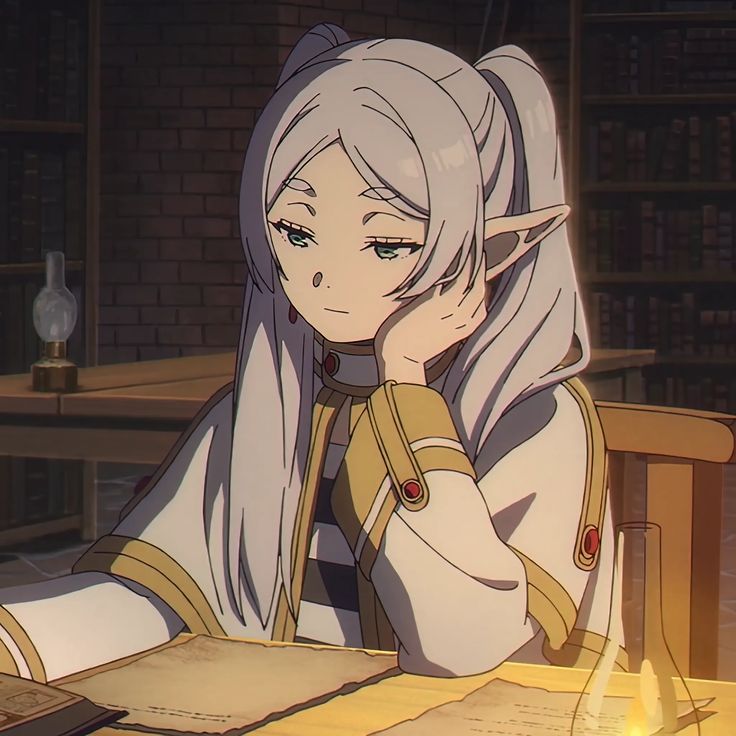- cross-posted to:
- gaming@lemmy.ml
- games@sh.itjust.works
- games@lemmy.world
- cross-posted to:
- gaming@lemmy.ml
- games@sh.itjust.works
- games@lemmy.world
Reminder to sign Ross Scott’s StopKillingGames EU Citizens Intitiative (which carries legal weight if it reaches 1 million) if you’re an EU Citizen! Ubisoft killing The Crew is what kicked the whole thing off.
Ubisoft sued for shutting down The Crew
The issue is, once again, about the difference between buying and licensing games
Two Californian gamers are suing Ubisoft in a proposed class action lawsuit over the developer and publisher’s recent shutdown of racing game The Crew. Ubisoft released The Crew in December 2014 and shut down its servers after a decade due to “server infrastructure and licensing constraints.” After the servers shut down, the game became totally unplayable due to its lack of a single-player, offline mode. When the shutdown was announced on Dec. 14, 2023, Ubisoft did offer refunds to people who “recently” purchased The Crew, but given the age of the game, a lot of players were unable to participate in the offer.
“Imagine you buy a pinball machine, and years later, you enter your den to go play it, only to discover that all the paddles are missing, the pinball and bumpers are gone, and the monitor that proudly displayed your unassailable high score is removed,” lawyers wrote in the lawsuit, which was filed Nov. 4 in a California court and reviewed by Polygon. “Turns out the pinball manufacturer decided to come into your home, gut the insides of the pinball machine, and remove your ability to play the game that you bought and thought you owned.”
The lawsuit alleges this is “exactly” what happened when Ubisoft shut down its servers for The Crew in 2024 — suddenly leaving consumers unable to access something they purchased and assumed they owned. The lawsuit says players were duped in two ways: First, by allegedly misleading players into thinking they were buying a game when they were merely licensing it — even if a player bought a physical disk. Second, that Ubisoft “falsely represented” that The Crew’s files were on its physical disks to access freely, and that the disks weren’t simply a key for the game. Ubisoft is violating California consumer protection laws, the lawsuit alleges.
Both plaintiffs purchased the game well into its lifespan, in 2018 and 2020, respectively, on physical discs. The lawsuit says neither would have purchased the game “on the same terms,” i.e., price, knowing the game’s servers could be taken down, rendering The Crew totally unplayable even in an offline mode. The lawsuit also covers the backlash to Ubisoft’s decision to shutdown the servers and not include an offline version of the game; it cites several games that turned servers off but patched in an offline option, like Knockout City and two of Ubisoft’s own games, Assassin’s Creed 2 and Assassin’s Creed 3. Ubisoft responded to the criticism and vowed to include offline versions of its existing games in The Crew franchise, like The Crew 2 and The Crew Motorfest — but the lawsuit says this does nothing to amend the problem of The Crew’s server shutdown.
The plaintiffs are looking for the court to approve the lawsuit as a class action, meaning other The Crew players may get involved. They’re looking for monetary relief and damages for those impacted by the server shutdown. The lawsuit follows a campaign from YouTube creator Ross Scott to urge companies to “stop killing games,” a movement that kicked off after The Crew announcement was made. The Stop Killing Games movement is petitioning the European Union to force game companies to keep games in playable states. It currently has more than 379,000 signatures.
As media continues to go more and more digital, the issue of owning vs. licensing — especially in video games — becomes more of a problem. While some people are taking games into their own hands (like with the player-created The Crew Unlimited), the onus is largely on companies and what they do to preserve their games and servers. But in California, Gov. Gavin Newsom recently signed a bill into law that requires companies to tell consumers they’re buying licenses, not games themselves, in online storefronts. The law itself, introduced by California assemblywoman Jacqui Irwin, is actually partly inspired by Ubisoft’s shutdown of The Crew. The law, however, doesn’t do anything about the fact that games are licensed and not purchased outright, nor does it stop a company from rendering a game unplayable, but it does, in theory, offer transparency on the issue.
Ubisoft declined to comment.
I think we need a very strict regulation, where the wording is never “purchase” or “buy” or “own”. It should always be “rent”. Because that’s what it is.
Guess what has happened in the EU?
Really? There is a law already for this?
It appears I got things mixed up, it is a California law that comes into effect next year.
Ah yes, California, the EU of the US lol
And like other time-limited services outside entertainment, the duration should be made clear. I’d personally like something as clear and blunt as:
"We guarantee access for at least X months/years after paying the license.
After service is suspended we will release all information and code necessary to set up a private server or otherwise restore function."
And for the worst kind:
"We make no guarantees of access duration, and can revoke your access immediately after paying the license.
After service is suspended we will not release information or code necessary to set up a private server or otherwise restore function."
Ideally the last type dies out completely, or becomes exceedingly rare.
These always online, server-dependent, licence-limited games are very unlike what we used to deal with; Books, DVDs, CDs, and other games on disk/cartridge or with a simple download that you can keep and use for as long as you live as long as they’re still stored and in readable condition.
They’re very different, and should be treated like it.
There should be a very clear visual difference when looking at the box or store page of a game that is made to simply last as long as you keep the code stored, and a game that won’t. A consistent warning design. Maybe two color codes.
Lets be real, while I love the idea of users making informed choices… how big do you think the labels on cigarettes to say “they will give you cancer and kill you”. People aren’t bright, you can warn them until the cows come home, they want to play a game, they will buy it. Very few of them would have listened to any warning no matter how blatent.
People are stupid… for 99.9% of people “we’ll send out the code and let you set up private servers”, is really no different than we’ll shut down the servers and you can never play again. There’s not a huge overlap between people who understand how to create a private server and/or set up their routers to allow incoming connections, and people who actually can convince friends to join their servers.
Now maybe the “the servers are guaranteed to remain until X date”, is a reasonable one. Very least tells people their games have a shelf life and not to buy it after a certain point in time.
While I agree in principle with the lawsuit, it is interesting that this is the game that people are suing over. I heard the hype and downloaded the crew 2 and it was complete dogshit of a game. I don’t mean from the perspective of finish, just the that the game, as intended, sucked ass. This isn’t the only ubisoft game like this, I don’t know how they manage to generate so much hype and fanfare around these tuberculosis vomit games over and over again.
The quality of the game isn’t why The Crew makes a good target. It’s because it’s made by Ubisoft, which is based in France. And France has some pretty strict consumer protection laws. Were this, say, EA, which is based in the US, the lawsuit would be a non-starter. In adddition to that, France is a part of EU, which means Ubisoft has to comply with EU law in addition to the aforementioned French laws. So if this goes through, they will have to fight this on at least two fronts. The Crew is also a singleplayer game with an online component, which shouldn’t be necessary for the game to function, but here we are.
So to sum up: the lawsuit is not because people are super passionate for The Crew (though some probably are), but because if you’re going to make an example of a game, your best shot is suing a company which is located in a country with good customer protection laws. The Crew just happened to fit that bill.
I’ve never played The Crew nor The Crew 2, but I hate this guilt-by-association type of argument with every fiber of my heart.
Not because it defends Ubisoft (in this case), but because it completely accepts the asshole’s premise that the successor of a product is necessarily a valid substitute for the product itself, and the latter is not worth keeping around - it’s like eating an apple that has been cooked in an oven at 300°C for 5 hours, then arguing that apples are bad for your health.
See:
- Overwatch vs Overwatch 2
- Halo CE/2/3/W/ODST/R vs Halo 4/5/I (idk about H:W2)
- Halo: CE vs Halo: CEA (yes I’m listing Halo twice, sue me)
- Risk Of Rain vs Risk Of Rain 2 (both are very good games, but they are completely different from each other)
- Helldivers vs Helldivers 2 (same as above)
The crew is nothing like the crew 2. I have very very fond memories of the crew 1 which was an awesome game
Hey europeans, go sign the petition on stopkillinggames.com
No one wants more of this mess







